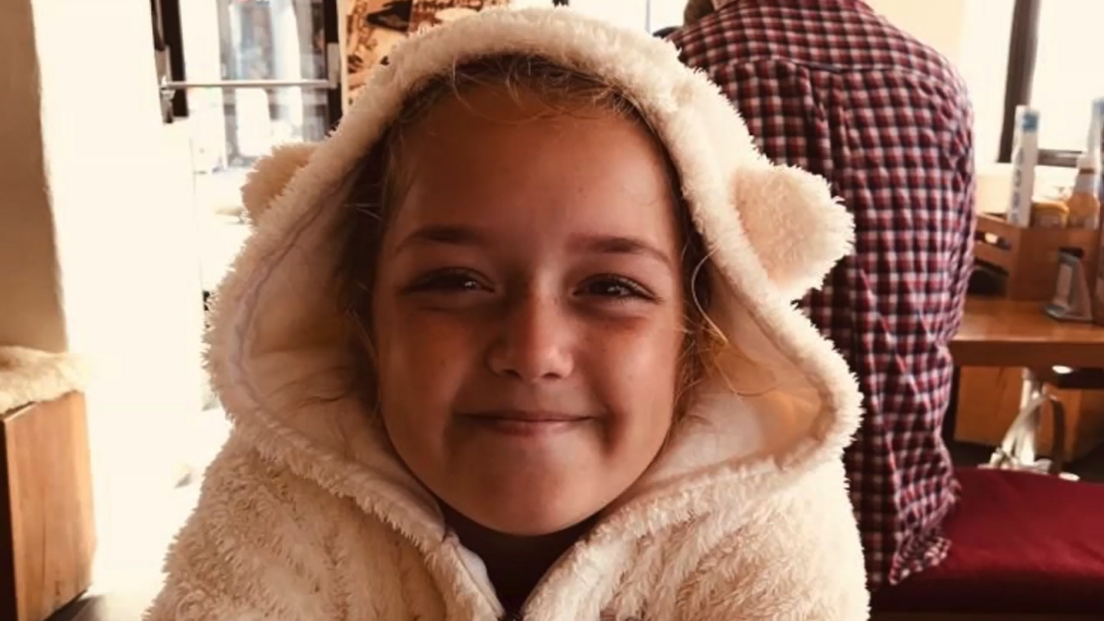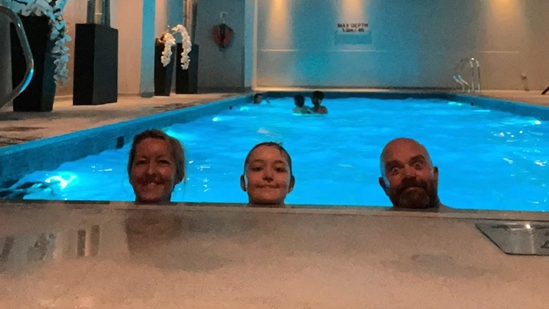Parents fundraise for rare childhood cancer research

Beth Phelps died in 2022 from a rare and aggressive bone cancer
At a glance
Two people in Jersey are raising funds for rare childhood cancer conditions
Aby and Ben Phelps lost their daughter Beth, 12, to Ewing sarcoma in 2022
Children with Cancer UK says it is important to find treatments that are more suitable for young people
- Published
The parents of a 12-year-old Jersey girl who died of cancer want more funding for research into rare childhood conditions.
Beth Phelps died in 2022 after being diagnosed with Ewing sarcoma - a rare and aggressive bone cancer.
Her parents Aby and Ben Phelps set up the campaign Love Beth to raise funds and awareness for treatments better suited to children.
Mr Phelps said more money was needed to research different methods in treating the disease.

Aby and Ben Phelps said their daughter Beth was an "incredibly rare" person
He said: "The level of institutional funding into research across everywhere, not just the UK, everywhere is really low, but the arguments centrally to that is that it's rare.
"Our daughter was incredibly rare and everybody's child is incredibly rare in their own right, and you don't feel that when you're going through it."
The campaign has raised more than £2,800 so far.
Mr Phelps said he hoped money raised would also help fund guidance for GPs on spotting all types of symptoms.
He said: "They've just got to take a zero-risk approach.
"We assume everything is cancer before anything else and I think our experience was a bit like the reverse.
"There is a need for doctors to recognise symptoms early on and to trust in a parent's concerns."
Jo Elvin, from Children with Cancer UK, said it was important to find treatments that were more suitable for young people.
She said: "They have longer lives ahead of them after a cancer diagnosis and after the cancer treatment.
"But a lot of the treatments that we give children tend to give them quite debilitating later-life effects that then they will have to go and live with as a teenager and adult, so they need to be viewed differently and treated differently."
Follow BBC Jersey on Twitter, external and Facebook, external. Send your story ideas to channel.islands@bbc.co.uk, external.